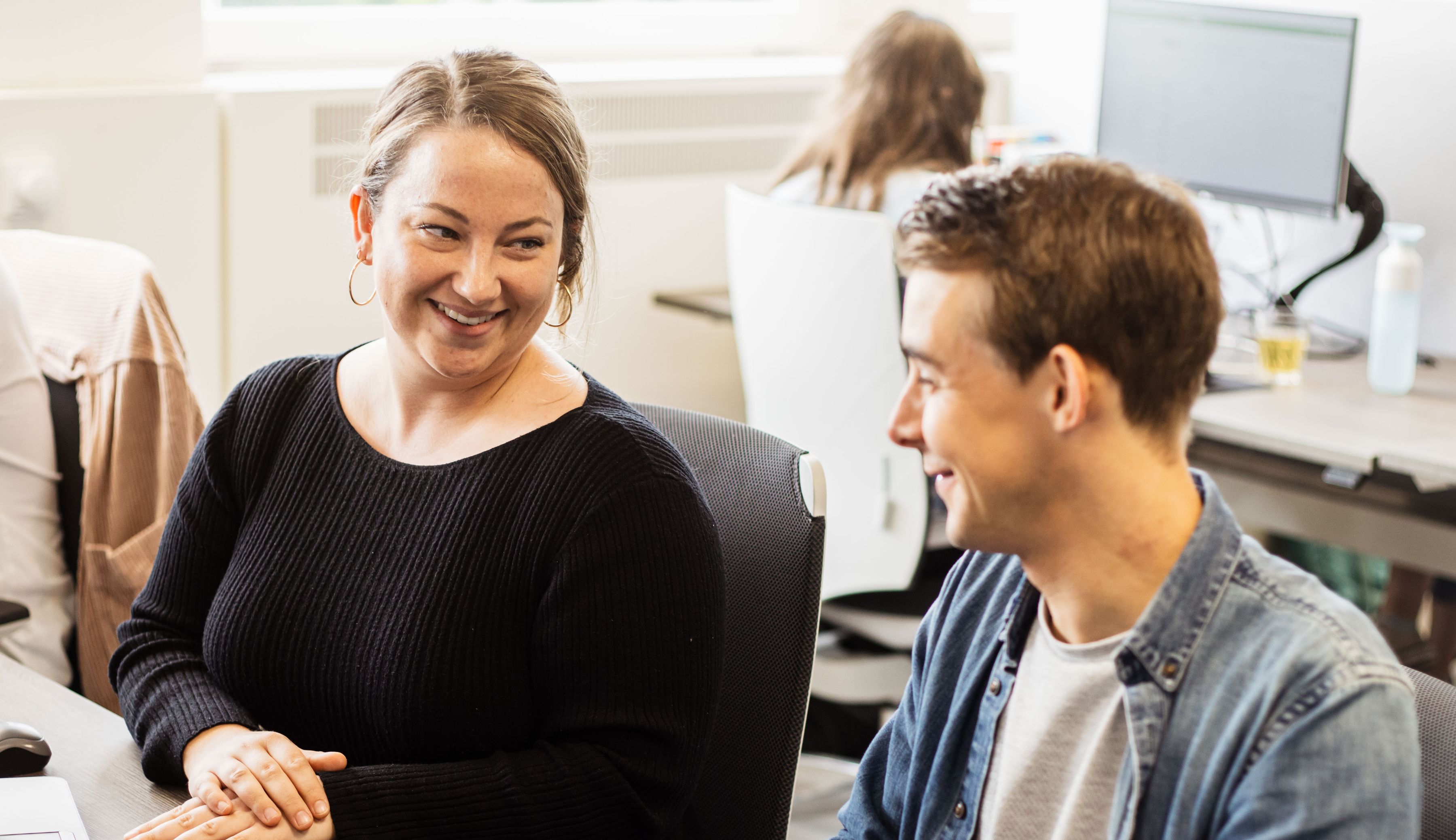Stop unnecessary investments in website optimisation
Why you should improve your website based on research instead of assumptions
- Article
- Research


You strongly feel that your website or a particular page no longer meets your customer needs or brand identity: time for an update! Will you immediately invest in developing something new or will you first invest in research? In this blog, we explain why research prior to website optimisation can save you a lot of unnecessary costs and problems.
Making decisions based on assumptions is risky
We regularly see companies renewing their websites based on their own insights and feelings. The website seems to no longer meet expectations or achieve the desired results. Therefore, significant investments are made in website optimisations with new elements, pages, or functionalities.
But: is that renewed website or page actually better? Does it meet the needs of the user and is it user-friendly? Has the goal of the new website been achieved? And, was that old site or page really that bad? If you make decisions based on assumptions, it's unclear how and if you and your users will benefit. In the worst case, you invest in unnecessary features or changes that decrease your conversion or user experience.
Data-driven decisions: the importance of research for website optimisation
Do you want to stop wasting time and money on unnecessary website adjustments? Cease making decisions based on assumptions and start conducting research. Enrich your website visitor data with qualitative insights to:
- Learn what your users would truly appreciate.
- Understand what is currently going well and what is not.
- Identify what is currently missing.
What problems do your users encounter and how do they experience your page or website? Study this, and you ensure that your adjustments make the right impact and avoid unnecessary investments.
How to conduct research for website optimisation
How to enrich your data with these insights depends on what your underlying question/assumption is. For every question or problem, there is a suitable research method through which you can gather these insights. Based on the specific question, you determine which (combination of) methods is most appropriate for this purpose.
Research for website optimisation in practice
Do you need help determining the right research method and conducting research? Our research specialists are happy to assist you with challenges like the following:
Do you believe that the style of your website does not align with your target audience or what you want to convey (anymore)?
We conduct surveys and product reaction card tests to investigate how users perceive the current website and to what extent this aligns with your style.
Are you unsure if your proposition comes across quickly and strongly enough on the website?
By conducting 5-second tests, we discover what users' first impressions are and what information they absorb in a short amount of time.
Are you wondering if it's easy enough for your customers to navigate through the steps of your process correctly?
We conduct usability tests to investigate if there are usability issues and why users may not perform the steps as expected/desired.
Are you unsure what your users need?
We create personas for your different types of users. This provides a better understanding of the needs, goals, challenges, and preferences of your target audience. We gather these insights, for example, through interviews.
By conducting research before implementing website adjustments, you ensure that you:
- Don't change things that are already working well. If it ain’t broke – don’t fix it!
- Invest your money and resources where they add the most value.
- Gain a better understanding of what challenges your users encounter and how to improve the user experience.
- Make decisions based on knowledge rather than assumptions.
- Know the driving forces behind your conversions for future decisions and hypotheses.
Preconditions for successful user research
To ensure that user research adds as much value as possible, several preconditions must be met: the right timing, a match between the objective and the research methods, selecting appropriate participants, and effective follow-up.
Timing
It is essential to conduct the research beforehand, before starting to develop prototypes or flesh out ideas. This minimises unnecessary costs and time that could have been spent elsewhere.
Match goal, research question, and methods
Establish the purpose of the research and the related research question before selecting your research methods. This ensures that your research will truly answer your underlying question and add value to your website-optimisation project.
Participants
Select the appropriate participants for the research. The participants must be representative of your actual user group. This means it's not advisable to test with friends, family, or employees, as they may view the website differently from end users.
Follow-up
The results of the research should not only be documented but also integrated into the follow-up and development process of the website. This ensures that the insights effectively contribute to an improved user experience and the success of the renewal.
Research first, then dive into website optimisation
Do you want to avoid unnecessary website optimisation costs and uncertainties? Base your actions on research rather than assumptions. Conduct thorough research into the expectations and experiences of your website visitors before implementing new functionalities or changes. This way, you ensure a better user experience, higher conversion rates, and purposeful website improvements.
This is an article by Marit
Marit is a researcher at Digital Power. She is enthusiastic about using qualitative and quantitative research methods to understand human behavior, thoughts, and needs. With her background in Human-Technology Interaction, she combines her knowledge of psychology, research, and data analysis to gain insights and develop solutions that contribute to a better user experience.
Receive data insights, use cases and behind-the-scenes peeks once a month?
Sign up for our email list to learn more about topics like research for website optimisation and stay 'up to data':








